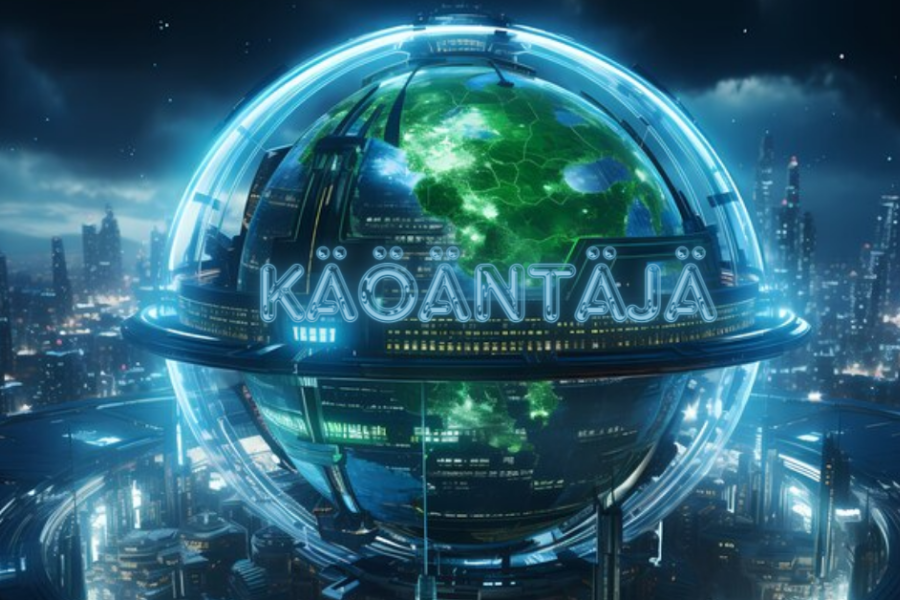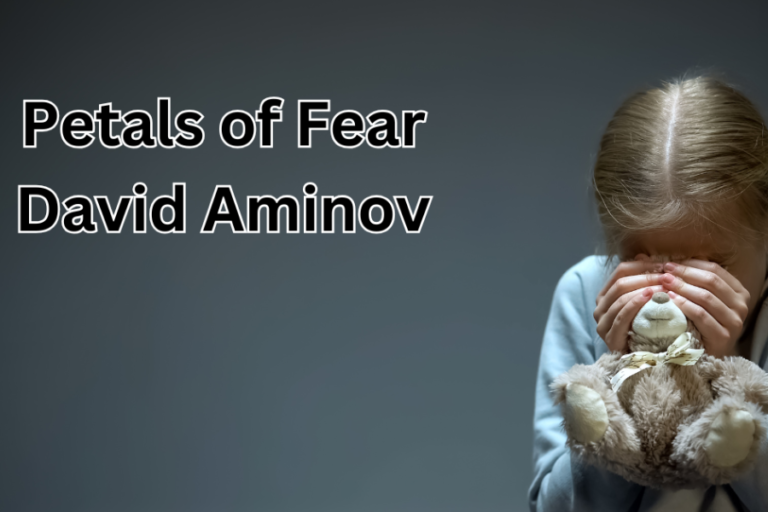The Essential Role of a Käöäntäjä in Global Communication
In our increasingly interconnected world, the ability to bridge semantic divides has never been more crucial. This is where the role of a käöäntäjä, or interpreter, comes into play. Interpreters are often the unsung heroes of global communication, facilitating the seamless exchange of ideas, information, and cultures across different languages. This article explores the multifaceted world of interpretation, the pivotal role of a käöäntäjä, and the skills necessary to thrive in this profession.
Understanding the Role of a Käöäntäjä
A käöäntäjä is a professional dedicated to translating spoken or signed language from one language to another. This profession is vital in various contexts, including business, legal, medical, academic, and specialized fields. The primary goal of an interpreter is to convey the meaning, tone, and nuances of the original message in a manner that is both accurate and culturally relevant for the audience.
Translation extends beyond merely substituting words from one language to another; it requires a profound understanding of both the source and target languages. A käöäntäjä must grasp the cultural context, colloquial expressions, and subject matter to ensure that the translation is both precise and meaningful. Whether interpreting a legal document, a medical report, or a literary piece, the käöäntäjä must maintain the integrity of the original content while making it accessible and relevant to the new audience.
Key Skills and Qualifications for a Successful Käöäntäjä
Becoming an effective käöäntäjä demands a combination of linguistic proficiency, cultural insight, and specialized skills. Here are some essential competencies and abilities crucial for this profession:
Fluency in Multiple Languages: An interpreter should be proficient in at least two languages—one as the source language and one as the target language. This fluency goes beyond basic conversational abilities; it requires an in-depth understanding of grammar, vocabulary, and syntax.
Cultural Competence: Understanding cultural nuances is critical in interpretation. Colloquial expressions, cultural references, and social norms can significantly impact the meaning of a text. A skilled interpreter must be aware of these cultural differences to avoid misinterpretations and ensure that the translation resonates with the target audience.
Subject Matter Expertise: Many translation projects necessitate specialized knowledge in fields such as law, medicine, technology, or literature. A käöäntäjä with expertise in a specific area can better comprehend and accurately translate complex terminology and concepts.
Attention to Detail: Precision is paramount in interpretation. An interpreter must pay close attention to detail to ensure that the translated text accurately reflects the original meaning and tone. This includes proofreading and editing to eliminate errors and inconsistencies.
Research Skills: Interpreters often need to conduct research to understand new terms or concepts. Strong research abilities are essential for finding accurate translations and ensuring that the content remains current and relevant.
Challenges Encountered by Käöntäjät
The role of a käöäntäjä comes with its unique set of challenges. Some common obstacles include:
Maintaining Accuracy: Translating complex or specialized texts requires a high level of accuracy. Misinterpretations or errors can lead to serious consequences, especially in legal or medical interpretations.
Balancing Literal and Contextual Translation: Striking a balance between literal translation and capturing the context or tone of the original text can be challenging. Interpreters must make nuanced decisions to ensure that the translation is both accurate and sounds natural.
Cultural Sensitivity: Navigating cultural differences can be tricky. Interpreters need to be sensitive to cultural nuances and avoid translations that could be considered offensive or inappropriate in the target culture.
Time Constraints: Interpreters often work under tight deadlines, which can add pressure to deliver quality work quickly. Time management and organizational skills are essential for handling multiple projects effectively.
The Significance of Translation in Global Communication
The work of a käöäntäjä plays a vital role in facilitating global communication and fostering mutual understanding. Translation enables businesses to enter new markets, promotes international collaboration, and enhances the exchange of ideas and knowledge. It helps bridge gaps between diverse cultures and languages, contributing to a more interconnected and inclusive world.
In literature and media, translation brings stories, ideas, and cultural experiences to a global audience, enriching the cultural landscape and fostering greater empathy and appreciation among people from different backgrounds.
Conclusion
In conclusion, the profession of a käöäntäjä is both challenging and rewarding. Interpreters are essential in bridging linguistic and cultural divides, making global communication and understanding possible. Their work requires a unique blend of linguistic skills, cultural awareness, and subject matter expertise. As our world becomes increasingly interconnected, the role of the interpreter will continue to be vital in facilitating meaningful exchanges and promoting global cooperation.
For those interested in pursuing a career in translation, becoming a käöäntäjä offers the opportunity to make a significant impact on global communication while continuously learning and adapting to new languages and cultures. Embrace the world of a käöäntäjä, and become part of the crucial link that connects people across languages and cultures.
Keep up-to-date with breaking news and updates on englandtimes






